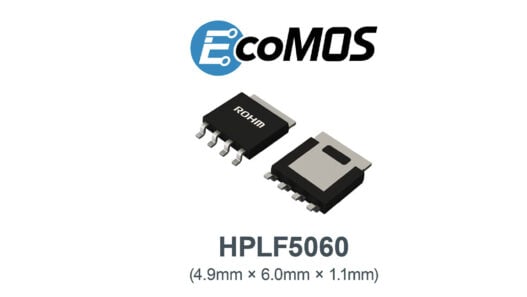Philips LiFi-enabled luminaires provide customers with the double benefit of quality, energy efficient LED light and a secure, stable and robust connectivity. LiFi is attracting considerable interest as an alternative or complementary technology to WiFi for specific applications and because of the increasing congestion of the radio spectrum. It offers at least 1,000 times the spectrum of WiFi.
Customers trialing the technology are located all over the world. In Bangalore, India, managed offices provider Incubex has established a LiFi meeting room to enable the many start-ups and firms it serves to explore the technology.
“Since our inception, we’ve been actively experimenting with and promoting new technologies. We’re giving our 450 plus members at our Manya Tech Park hub, and more than 3,500 members at our 10 other hubs, the opportunity to be the first to get hands-on with this new technology which is set to go places. So far, we’ve had great feedback and received lots of enquiries from our members,” said Alap Uttamchandani, Founder of Incubex.
Atea, IT infrastructure company in the Nordics and Baltic region, is piloting LiFi in its office in Stavanger, Norway. The company has installed LiFi luminaires in the lobby of its building so it can demonstrate the technology and have visitors try-out the connectivity.
Telecoms company Orange is another customer, piloting the technology at its office near Paris, France, where LiFi is being tested as a complementary and alternative to other mobile communication technologies.
In Singapore, Republic Polytechnic will install LiFi in its Smart Devices Lab. It intends to give its students new learning opportunities and broaden their exposure to smart lighting technologies. The polytechnic is the first institute of higher learning in Southeast Asia to adopt LiFi.
Michel Germe, Head of LiFi at Signify, said: “Our initial pilots illustrate the massive potential of this technology. We’ve received hundreds of enquiries from potential customers from all corners of the world, some of which have unearthed applications we’d never considered in detail, such as communication between robots in manufacturing facilities. As well as the 30 pilot projects, we’ve installed LiFi in 26 of our buildings across the world.”
LiFi offers benefits over WiFi as it can be used in places where radio frequencies may interfere with equipment, such as in hospitals, or where WiFi signals cannot reach or are weak, such as underground. It’s also suited for use in environments demanding high security; for example, the back office of a financial institution or government service. LiFi adds an extra layer of security as light cannot pass through solid walls and a line-of-sight to the light is needed to access the network.
The pilot projects underscore Signify’s commitment to developing innovations to benefit its customers and its leadership in lighting for the Internet of Things (IoT).







